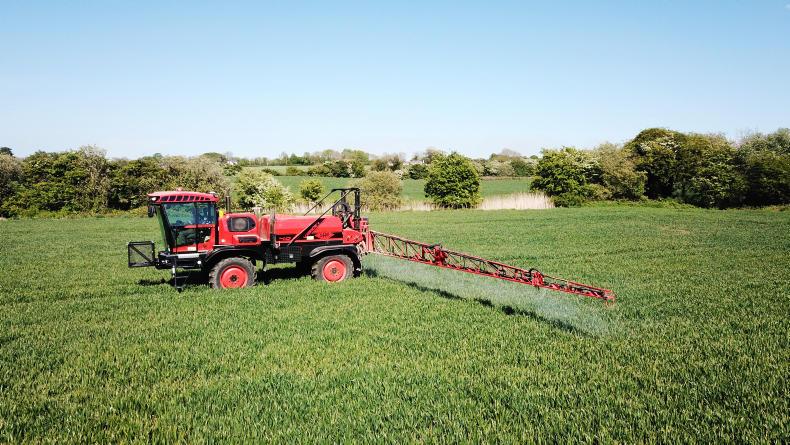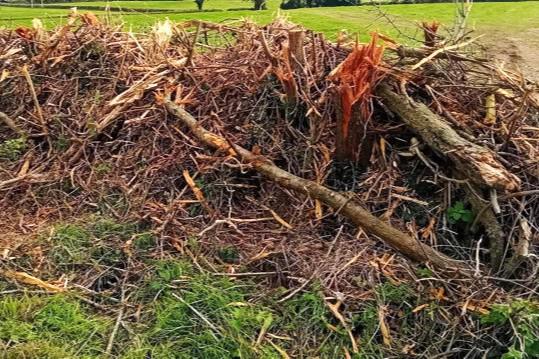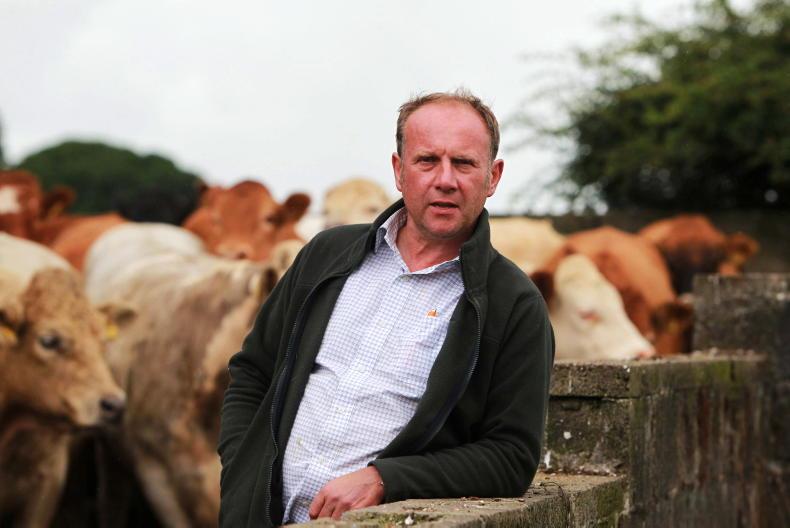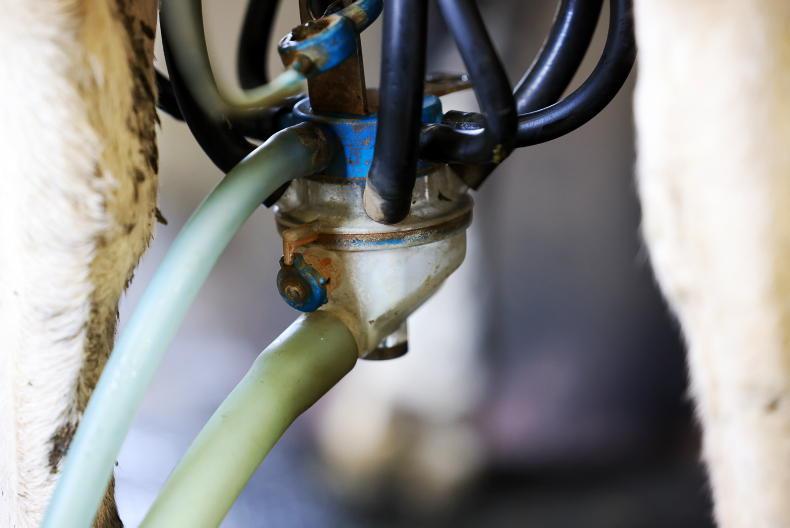A new EU report wants non-chemical methods of pest control to be encouraged and enforced, with the next CAP to provide both stick and carrot.
The report, compiled by the European Court of Auditors, says that Integrated Pest Management (IPM, see explainer below) is supported at farm level by the current CAP.
It cites the biodiversity and crop diversification requirements of greening, water framework directive restrictions on pesticide use and the promotion of best practice through knowledge transfer.
It's not all bad news for farmers. Incentives to promote IPM are also recommended
It also recognises organic farming supports and precision tillage farming incentives (such as the tillage TAMS).
However, enforcement is described as "weak", with no requirement to keep records of how IPM is applied. The report says that the CAP "does little to enforce IPM".
It recommends mandatory penalties for non-use of IPM and for failure to keep records verifying IPM practice.
It's not all bad news for farmers. Incentives to promote IPM are also recommended.
Low risk
The report found that only 16 of the 487 active substances approved for plant protection oroducts (PPPs) in the EU are "low risk".
The report concludes that enforcement must be enabled, that statistical information must be more accessible and that better risk indicators must be developed.
The report points out that the current CAP was already shaped when IPM became a legal requirement on 1 January 2014.
The report specifically refers to the Irish requirement for all registered professional users of plant protection products to keep records
Research was carried out in France, Lithuania and the Netherlands, while reviews of a further 18 national action plans, including Ireland, were undertaken.
The report specifically refers to the Irish requirement for all registered professional users of plant protection products to keep records "to prove implementation of IPM" .
The report says: "[Irish] Farmers record the reason for using PPPs, including information on the type of pest present, preventative measures taken, resistance management, thresholds applied and crop damage."
IPM is the use of all tools to help control weeds, insects and diseases that affect crops.
The basic principle is that use of chemicals, known as PPPs, should only occur as a last resort, when all the available control methods have been used and exhausted.
It is an essential part of the rules governing pesticide use, known as the Sustainable Use Directive (SUD).
Under these rules, all sprayer operators are required to undergo professional user training and receive a certificate of competence.
The four main methods of control are physical (crop covers, for vegetables and maize), cultural (crop rotation, stale seedbeds), biological (encouragement and protection of natural predators of pests, such as ladybirds for aphids) and chemical (plant protection products). Crop monitoring, use of advisory services, discussion group membership.
There are three types of plant protection products: herbicides to control weeds, fungicides to control diseases and insecticides to control pests.









SHARING OPTIONS